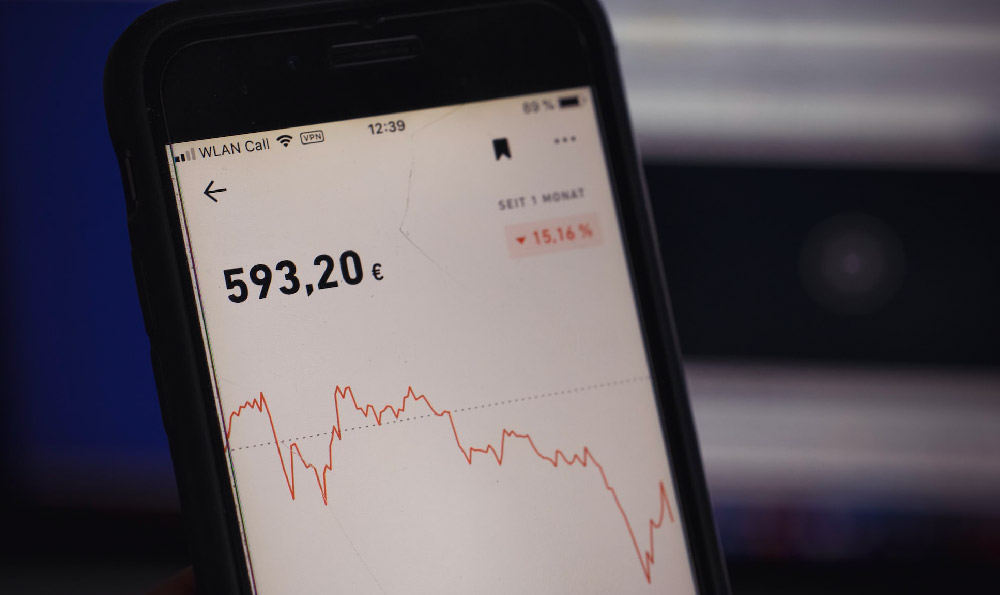Earning money in GTA Online is a pursuit that blends strategy, risk management, and understanding the game's economic mechanics. Unlike traditional financial markets, where success hinges on diversification and long-term planning, the virtual world of Grand Theft Auto Online offers a mix of immediate and orchestrated opportunities. To navigate this landscape effectively, players must recognize that not all methods of generating wealth are created equal—some yield quick returns but come with high volatility, while others demand patience and careful allocation of resources. A balance between hasty gains and calculated investments is essential to build a sustainable financial foundation that mirrors real-world principles such as compounding and asset optimization.
The game's economy operates within a cyclical framework where player behavior directly influences market dynamics. For instance, the Liberty City Stock Exchange (LCSE) functions as a microcosm of real financial markets, with stock prices fluctuating based on in-game events and player activity. Engaging in stock trading requires monitoring the interplay between corporate events and geopolitical shifts, such as the impact of weather disruptions or gang-related conflicts. A player who successfully predicts the rise of the RICO stock after a major heist or the crash of the Cayo Perico stock during a security breach demonstrates an understanding of how external factors drive value. Similarly, the real estate market in GTA Online is shaped by location-specific demand; properties in high-traffic areas like the downtown district or near lucrative businesses tend to appreciate more rapidly than those in rural zones. Recognizing these patterns allows players to make informed decisions about where to invest their in-game currency for maximum returns.
Generating income also involves leveraging the game's unique systems. The heist mechanic, for example, offers a structured approach to high-risk ventures. A meticulously planned heist, such as the "Sonic Speed" or "Lusso" missions, can yield substantial rewards if executed with precision, but failure results in significant losses—both in terms of in-game currency and progress. This mirrors real-world investment practices where thorough research and risk mitigation are critical to success. Players who allocate their resources wisely, such as using the Lucky Luciano account to access exclusive heist opportunities, demonstrate an awareness of how financial tools can amplify returns. However, excessive reliance on risky activities without diversification can lead to instability, as the game's "Cash Grab" feature often results in volatile gains that may not be sustainable over time.

Another key strategy is the exploitation of in-game economies. The ability to purchase items in bulk at low prices and resell them at higher values is a fundamental principle of arbitrage. Players who monitor the stock market to buy undervalued securities or engage in the black market to trade illicit goods apply this concept effectively. However, the game's economy is not immune to external factors; major events like the introduction of new missions or updates can dramatically shift demand and pricing. For instance, the release of the "Heists" update created a surge in demand for high-tier vehicles, allowing players to capitalize on this trend by investing in the right assets at the right time. This reflects real-world market principles, where external shocks require adaptive strategies to maintain profitability.
The game's craft system further illustrates the importance of resource management. Certain weapons and vehicles require specific materials, and players who invest in crafting can reduce costs while increasing their inventory's value. This parallels real-world diversification, where spreading investments across different asset classes minimizes risk. For example, focusing on crafting low-cost weapons like the "Xenon" or "Collapsing" can provide steady income, but neglecting this approach in favor of high-cost, high-risk ventures often leads to failure. Similarly, the ability to loan money from fellow players via the "Bail" system introduces a layer of financial leverage that can be used strategically, though excessive borrowing without repayment capability can lead to debt accumulation.
Beyond individual methods, the game's economy is influenced by player interactions and collective behavior. The "Mission Report" system, which allows players to watch replays of successful heists, serves as a form of market analysis. By observing others' strategies, players can refine their own approaches, much like how real-world investors study market trends and historical data. Additionally, the game's "Investment" feature, which includes funding businesses like the "Salvador" or "Las Venturas" operations, introduces a concept of capital allocation. Successfully managing these investments requires understanding the balance between fixed costs (such as maintaining a fleet of vehicles) and variable returns (such as profit from cargo theft or drug deals).
In conclusion, earning money in GTA Online is a multifaceted endeavor that requires a blend of adaptability, strategic thinking, and risk awareness. Whether through heists, investments, or arbitrage, players must approach these activities with the same rigor as real-world financial planning. The key to long-term success lies in balancing immediate gains with sustainable growth, recognizing market cycles, and making informed decisions based on both in-game data and broader economic trends. By applying these principles, players can not only accumulate wealth within the game but also develop a deeper understanding of financial concepts that may translate to real-world success.












